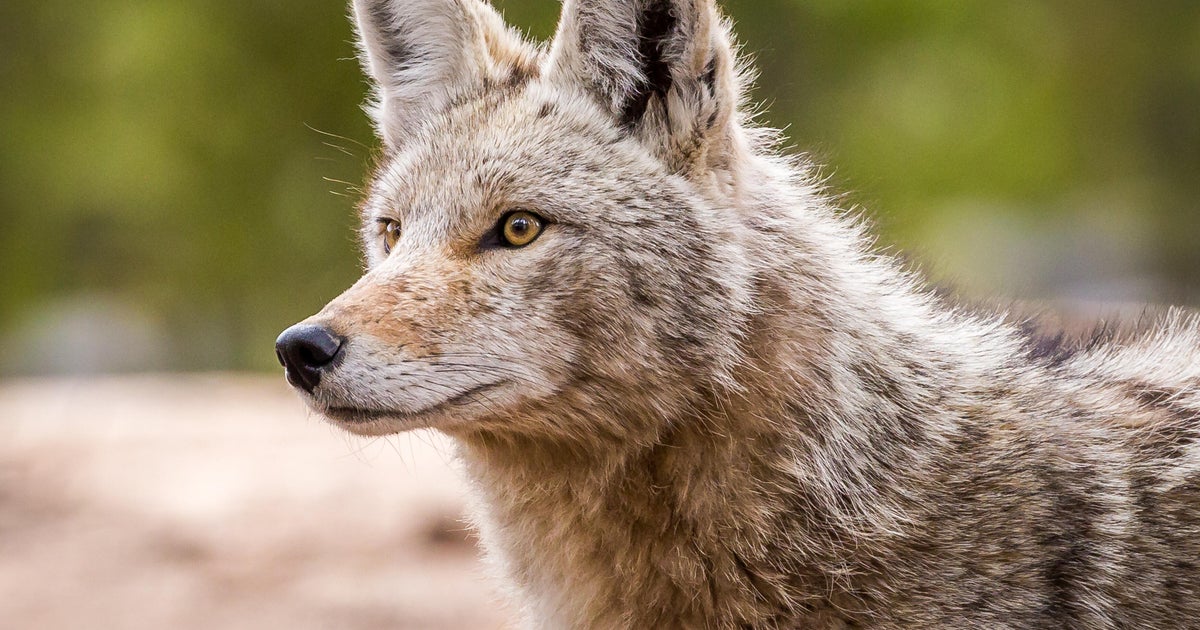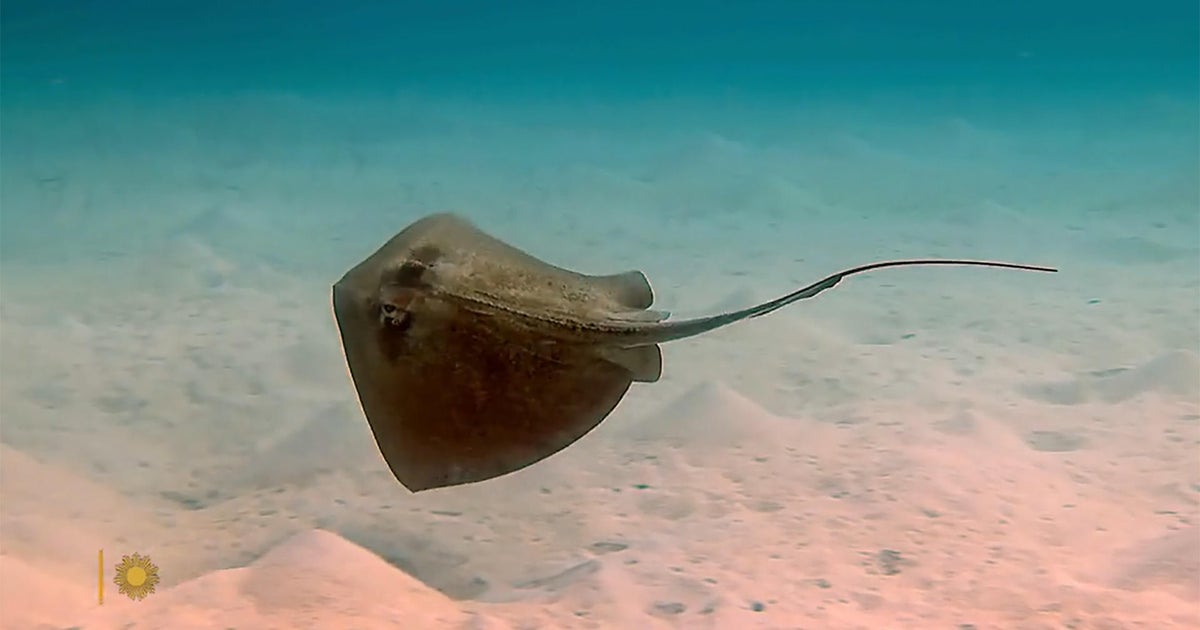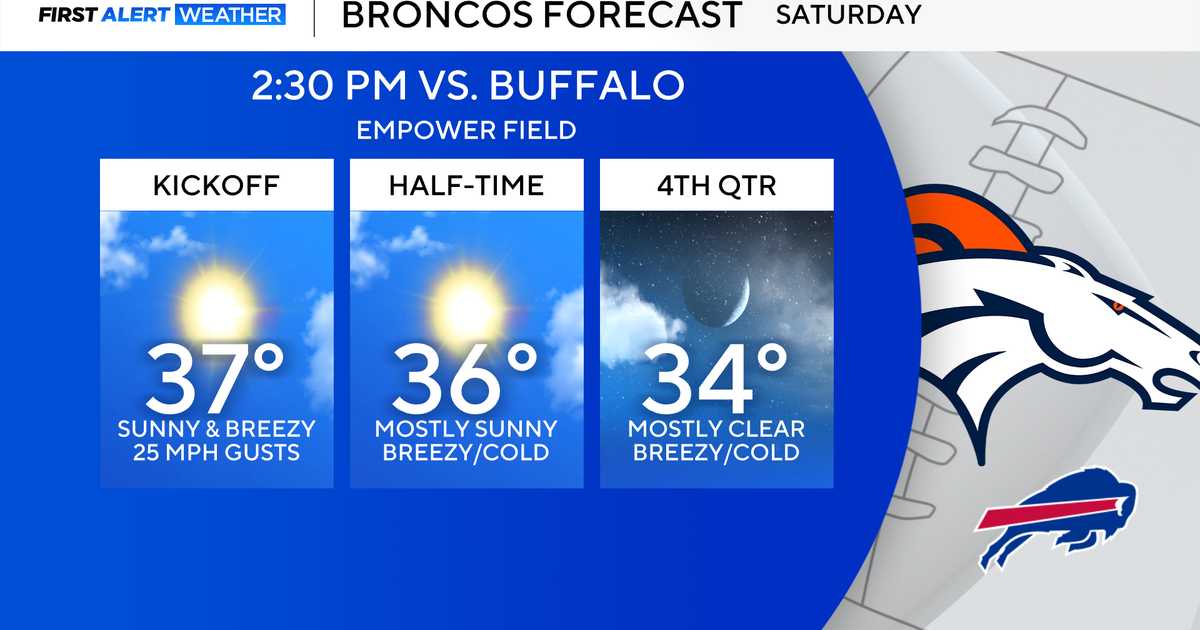What You Need To Know About Bird Feeders And Bird Flu
MINNETONKA, Minn. (WCCO) - Some wildlife experts are encouraging people to take down their bird feeders this spring. It's a precautionary measure due to the fast-spreading bird flu. But the science is unclear when it comes to the impact of the virus on songbirds.
A post by Dr. Victoria Hall, executive director of the Raptor Center at the University of Minnesota, encouraged people to temporarily take feeders and bird baths down because of the highly transmissible avian influenza.
"During these unprecedented times, we recommend doing anything that we can to try and help our wild bird populations. Because the science is unclear on the role of songbirds in this current H5N1 outbreak, one consideration is to not encourage birds to gather together at places such as bird feeders or bird baths. These are places where things like viruses could easily be exchanged between individuals," Dr. Hall wrote.
The post generated discussions amid bird lovers about the safety of bird feeders and bird baths.
Minnetonka resident Steve Laursen has been feeding birds for 30 years.
"We like the animals, the birds are flying around, it's fun having them in the yard. We sit on the deck and watch these birds come and eat, and they are hungry," Laursen said.
He picked up feed Friday from All Season Wild Bird Store in Minnetonka where they said bird feeders are generally safe for songbirds, unless you have other species like poultry or waterfowl frequently the area.
"The issue is you don't want birds who are ill congregating together and spreading it, but at this point it hasn't been an issue for song birds," General Manager Carol Chenault said.
But unlike the Bird Flu outbreak in 2015, this year's outbreak has hit the wild bird population hard. At the raptor center, 40% of birds admitted daily test positive including bald eagles and great horned owls.
"People who feed birds are generous and caring by nature so we all want to do the right thing," Chenault said.
Minnesota DNR said they don't have a record of songbirds being affected by the current influenza strain. They encourage people to clean their feeders during the spring to protect birds against other inflections such as salmonella.







